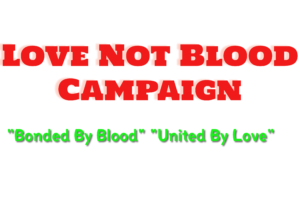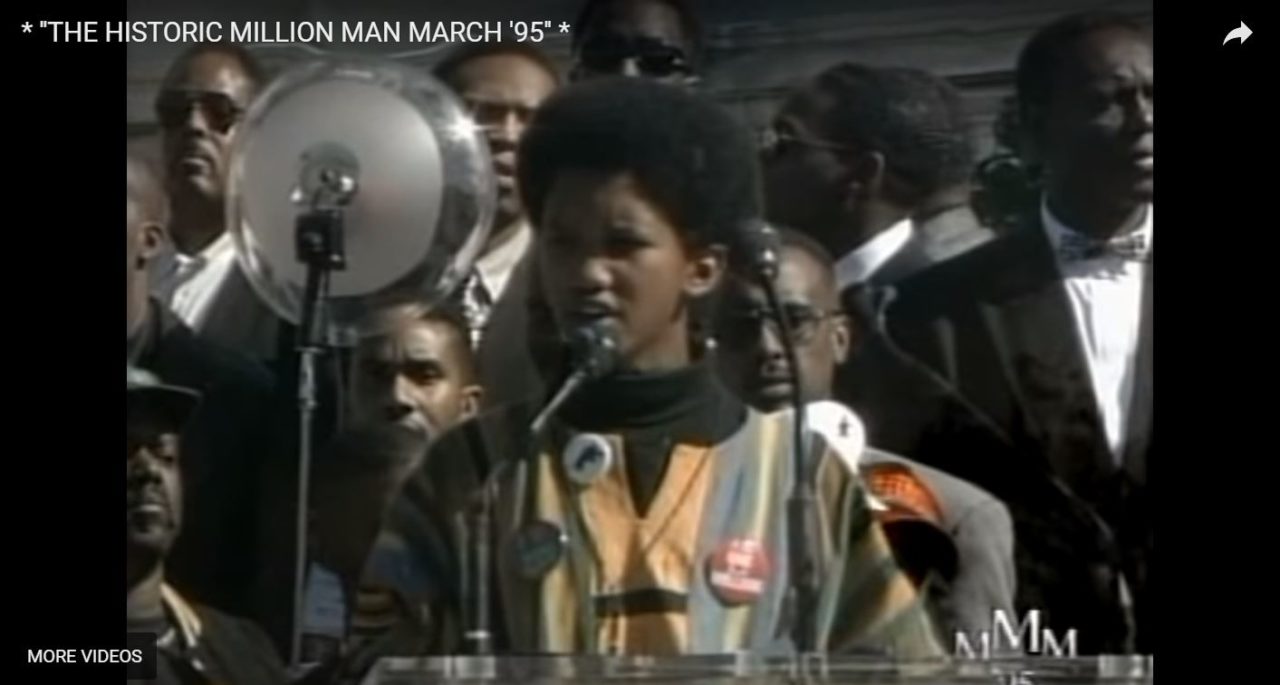10 Rules for Dealing with Police
10 Rules for Dealing with Police
1. Always be calm and cool. [Don’t give the police any reason to act aggressively; they do have a very dangerous job and if they feel threatened they are more likely to act aggressively].
2. You [always] have the right to remain silent. [The best way to assert this right, especially if the police insist on questioning you is by asserting your Sixth Amendment right to legal counsel and KEEP YOUR MOUTH SHUT until your lawyer advises you otherwise].
3. You have the right to refuse searches. [Assert this right by calmly and politely telling the police officer “I don’t consent to searches”].
4. Don’t get tricked. [Yes, the police can legally lie to you and trick you into waiving your civil rights].
5. Determine if you are free to go. [Ask the officer: “Are you detaining me or am I free to go?”].
6. Don’t expose yourself. [Don’t do anything that might appear suspicious in public].
7. Don’t run. [Running from the police is never a good idea].
8. Never touch a cop. [The simplest touch of a police officer can be considered assault; don’t do it].
9. Report misconduct: be a good witness.
10. You don’t have to let them in. [You do not have to let the police in your home unless they have a search warrant or there is an emergency which requires immediate action on their part. If you allow them to enter, anything they might find that could incriminate you can be used against you because you unwittingly waived your Fourth Amendment rights].
*What Black people need To Know When Dealing With The Police
1. Why The Black community needs special advice for dealing with the police
Black American need special rules for dealing with the police because for decades and centuries they have received separate and unequal treatment at the hands of the law enforcement. Black people and people of color have consistently been treated worse and subjected to a double-standard when it comes to law enforcement and the criminal justice system in general. In no state or jurisdiction anywhere in America can we expect consistent, true, fair, and equal treatment from the police. Racial profiling and discrimination are a reality and Black People’s legal and human rights in far too many instances are not given the same respect as whites or others.
2. Try to avoid encounters with the police
A. Avoid Negative Encounters: My first advice to our community is conduct yourself in a way at all times to avoid negative encounters with the police and law enforcement. The less contact with the police the less likely a negative occurrence will occur. Avoid circumstance or actions in your activities, vehicles, or home that could bring you into an encounter with the police. Shun any circumstance or situation that could give the police a reason to detain, search, or question you. The Black Community is under consistent racial profiling and targeting by law enforcement and we must not give them an advantage against us.
B. Domestic Dispute and Black men: If you see a domestic dispute developing between you and your partner, It is best to abandon the scene early on before emotions cause either party to put hands on each other or one’s property. Don’t wait until a physical altercation develops and the cops show up because 90 percent of the time, regardless of the origin of the dispute the Black man is going to jail. So be wise.
3. “Anything you say or do can and will be used against you”
Miranda v. Arizona, 384 U.S. 436 (1966) was a historic and critical legal decision of the United States Supreme Court. The Court held that statements made in response to questions or interrogation by a person who is in police custody will be admissible at the trial only if the person in police custody is informed of their right to consult with an attorney before and during their questioning. Also, Miranda found that the person in custody is informed of their rights against self-incrimination prior to questioning by police and that they not only understood these rights but they also voluntarily waived these rights. never forget, the police have to give you your Miranda Rights Warning for a reason! They are forced by law to tell you that you are detained and not free to leave, that you have a right to remain silent and that “Anything You Say Can And Will Be Used Against You.” It does not say “Anything you say can and will be used for you.” All scenarios with the police that is presented here requires you to optimize your chances of success in your police encounter by remembering the simple axiom, “loose lips sink ships”
4. How Should I conduct Myself When Stopped By The Police?
A. Be Alert, Yet relaxed and try not to move too much. Use limited movements, body language, and be in control of your emotions.
B. Use as few words as possible. Anything you say or do can be used against you.
C. Do not get into an argument with the police. Be professional and courteous and expect the same in return. The least you say the better.
D. Keep your hands where the police can see them. Black people are shot and killed in a situation many times for alleged hand movements when other races are not.
E. keep palms up: Black males must keep their pants belted and pulled up because many young black men are being shot by the police while they are trying to pull their pants up and the cops lied and claimed the young men were allegedly reaching for weapons.
F. Do not run from the police. Especially at night. And don’t do things that make you want to run. Black people are shot in the back all the time running from the police.
5. If I am Stopped By The Police Do I Have To Talk?
No. You do not have to talk to the police. only in limited circumstances do you have to talk to the police. So as a rule of thumb, if questioned try not to talk too much.
If you have a conversation with the police:
a. Stay calm, be professional. Give respect and courtesy and demand the same in return.
b. Right to Remain Silent: if you choose to not answer any questions, you do not have to. It is not a crime to refuse to answer questions and it is your Constitutional right not to talk and seek legal counsel.
c. You do not have to explain where you are going and where you are coming from.
d. Do not be intimidated into giving up your Constitutional Rights: Do not compromise principles and give up your legal rights just because you are under some sort of stress, anxiety, a pressure of duress. Standing up for your 4th Amendment Rights and other Constitutional Rights will always be your best bet.
e. if you are driving a car, you must show your driver’s license and registration. if you are not the driver and are a passenger YOU DO NOT HAVE TO SHOW I.D.
f. Showing Identification: You don’t have to show to police identification just because they ask you. Simply don’t respond to the request. However, if you are detained based on a reasonable suspicion or arrested you may have to give your name and prove who you are in order to be released.
g. Ask if you are free to leave: If the officer says yes, then politely walk away. If you are being detained or arrested, you have a right to ask and know why.
6. Am I being Detained By The Police?
a. Stop and Frisk: In Terry v. Ohio, 392 U.S. 1 (1968), The United States Supreme Court allows police officers to stop a suspect on the street and frisk him without probable cause to arrest, if the police officer has a reasonable suspicion that the person has committed, is committing, or is about to commit a crime and has reasonable belief that the person, according to the police, “may be armed and presently dangerous.” Police may conduct a quick surface search of the suspect outer clothing for weapons if they have reasonable suspicion that the suspect stopped is armed. This reasonable suspicion must be based on “specific and articulable facts” and not merely an officer’s hunch or subjective opinion. The police must have specific fact and information that a crime has been or might be committed and that the officer has a reasonable suspicion that the person stopped is involved, or will be in the crime. Stopping any Black person after a crime is not acceptable and yet is often done by Police in the Black Community. This permitted police action has subsequently been referred to in short as a “Terry Stop” or “Stop and Frisk” or simply a “Terry Frisk”. The Terry stop was later extended to temporary detention of persons in vehicles, known as traffic stops.
Police Officers nationwide have abused Terry v, Ohio in order to commit Racial Profiling and Racial Targeting by randomly detaining and stopping and frisking Black males, This is here to help you resist them and tell them NO! Even if searched for a weapon under a legitimate stop it is illegal for the police to search further, or for them to go inside your pockets. They are allowed to pat down for an obvious weapon for their own safety during a brief legal detainment and that’s it, they can search no further.
The amount of time in detention: The police can only detain you for a reasonable time to ascertain whether or not you are involved in criminal activity. After that they must release you or your detention turns into an arrest. A reasonable time is usually ten to 15 minutes only for lawful detention.
7. Do I Have To Consent To A Search Of Myself Or My Belongings?
A. Never voluntarily consent to any kind of search.
B. Ask if you are under arrest or being detained ‘legally detained‘. If you are, you have a right to know why.
C. Police may “pat-down” your clothing during a detention if they have reasonable suspicion that a weapon may exist. Police may pat-down your clothing if they suspect a concealed weapon.
D. You should refuse to consent to any type of search including a Terry Search. If you do consent, that is evidence that will not be in your favor when later you challenge the search as being illegal on the 4th Amendment violation of search and seizure grounds.
Mobile Justice “What You Can Do Now”
5 Rules for Recording Police: ACLU American Civil Liberties Union
RULE #1: Know the Law (You always have the right to OPENLY record police in public)
RULE #2: Know your Technology (Use Mobile Justice CA video recording app.)
RULE #3: Be Careful when Responding to what Cops Say
RULE #4: Don’t Point Your Camera Like a Gun
RULE #5: Prepare to Be Arrested (i.e. the Bill of Rights is not for wimp
An edited video of the full-length panel and Q&A is available at Q&A
MORE INFO ON DEALING WITH POLICE ……
Know-Your-Rights DVDs: Shop
Official Facebook Page: Facebook Page
Twitter: Flex Your Rights
Get Flex Your Rights Emails: Subscribe
Got questions about dealing with cops? We got answers

